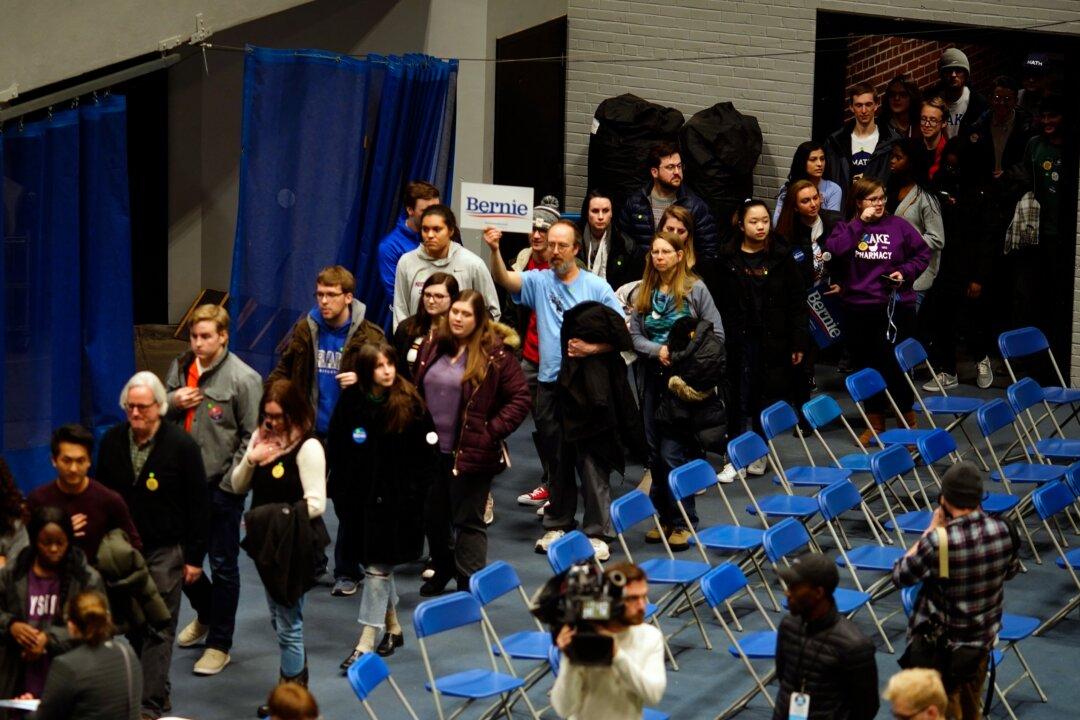The Iowa Democratic Party declined to have a new voting application vetted by the Department of Homeland Security, according to Chad Wolf, the department’s acting secretary.
The app, developed by Shadow Inc., was blamed for some of the problems during the Democratic caucuses on Feb. 3. The issues led to a delay in releasing the results of the caucuses.





